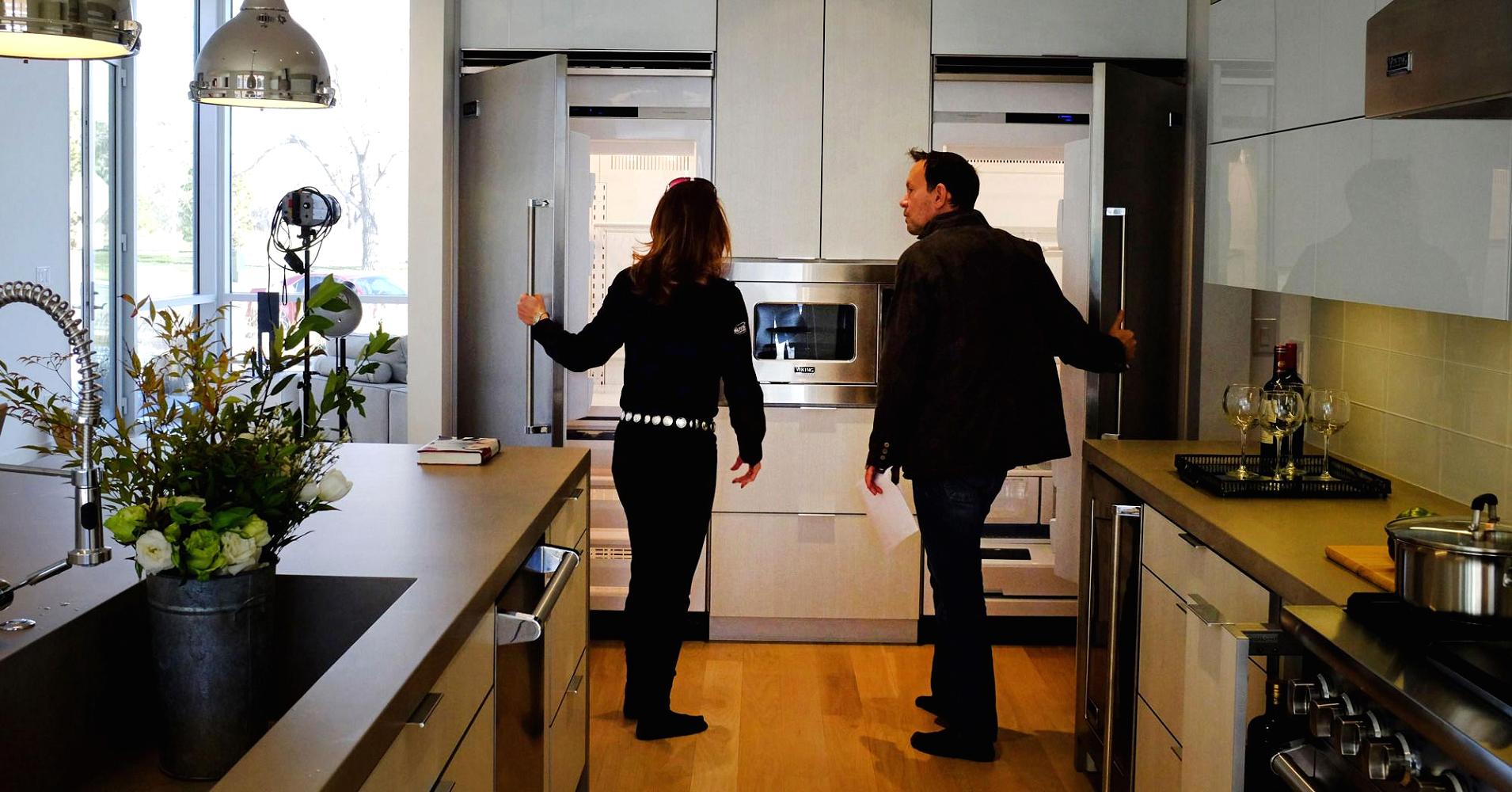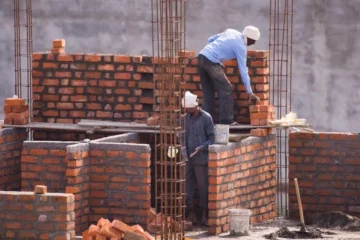
The stock market is looking wobbly. Bonds are paying you about what you’re losing to inflation. And the rest of the investment landscape is about as reliable as the latest presidential candidate poll.
So if you’re wondering how to get ahead, let alone keep up with your rising monthly rent payment, take a look at where some investors are generating decent returns buying up houses and renting them out.
Your rising monthly rent is a big reason that rental housing has become a hot property.
Since the Great Recession ended, the overall rate of inflation has been fairly tame, by historical standards. Since July 2009, when the biggest economic storm in decades had finally lifted, the government’s measure of consumer prices has risen by about 10 percent.
The average rent, on the other hand, is up nearly 14 percent. That’s more than food, clothing, and the cost of many other products and services. (But not all: The cost of airfares, doctors’ fees, college tuition and hot dogs are all rising faster than your rent.)
But rent is a much bigger share of your monthly budget, which means it’s become a big source of profit for investors buying rental properties.
Since the housing collapse forced millions of Americans from their homes, professional investors have plowed more than $25 billion into the purchase of more than 150,000 houses. And they’re still buying.
It’s not hard to see why. With more than 7 million homeowners evicted by lenders since the mortgage bubble burst, most of those families are now renters.
And the next generation of homebuyers are more likely to rent than their parents did when they first left the nest. Thanks to tighter credit, and the reality check of the housing bust, milllenials have become the “Meh Generation” of potential homebuyers, taking a much more cautious approach to the homeownership aspirations of their parents and grandparents.
As a result, rental housing is in demand. As CNBC has reported, single-family rental homes made up about 9 percent of the U.S. housing stock before the housing bust. Now they are about 13 percent and still rising, according to Moody’s. Some 13 million of the 22 million new households that will form between 2010 and 2030 will likely be renters, instead of buyers, according to the Urban Institute.
Since 2006, the number of single-family rental homes has increased 35 percent, to 15.1 million from 11.2 million, according to John Burns Real Estate Consulting. And more of that new rental housing, roughly 3.9 million units, came from former owner-occupied homes, compared to 2.9 million newly built apartments.
So as homeownership has fallen and continues to drop, more people need to rent. That’s created a land rush of investment in rental properties.
But the big gains have already been made by investors who snapped up houses at distressed prices at the bottom of the market. That means today’s would-be landlords need to cast a wider net.
One way to find potentially profitably rental properties is to look at neighborhoods where rents are rising faster than the median home price — a sign that demand for renting is still stronger than buying.
That’s still the case in some in 45 percent of the housing markets analyzed by RealtyTrac, a real estate research firm.
“There are still plenty of solid opportunities available for real estate investors willing to cast a wider geographic net,” said Daren Blomquist, a RealtyTrac analyst.
But even in locations showing rising rents, there’s no guarantee you’ll come out ahead as an investor. As the rental real estate market has become more competitive, it may be harder to make the numbers add up in your favor. The only way to know is to do the math.
If you’re thinking of taking the plunge, start with one of the many online calculators set up just for rental real estate investors.
They’ll help walk you through — line by line — what you need to consider.
Many novice landlords, for example, underestimate the full cost of owning a rental property, budgeting only for mortgage payments, insurance and taxes. Don’t forget to factor in utilities, garbage collection, plowing the sidewalk in winter, fixing or replacing the water heater, etc.
You can’t also assume your property will be rented every month you own it. When one tenant moves out, there’s no guarantee you’ll find another one right away. That means you could be on the hook for mortgage and other payments with no money coming in.
Your full rate of return will also include any increase in the value of the property. Before the housing collapse, those gains were almost always a sure bet. But before you factor in those potential gains, take a close look at where property values are headed in the neighborhood you’re considering. Some locations are still feeling the hangover of one of the worst housing downturns in decades.
Don’t forget to find a good accountant who can walk you through the potential tax advantages of becoming a landlord. Despite the relentless bickering in Washington about the need for tax reform, it’s a fairly safe bet that owners of residential real estate will still be entitled to a long list of tax breaks. So before you decide whether the numbers add up, make sure your estimated bottom line includes your “after-tax” costs and income.
Lastly, make sure you’re ready for the homeownership challenges (and headaches) that come with managing a house that someone else is living in. That’s why many veteran landlords pay a management company to take care of the details for them.
It may lower your returns. But it could also lower the stress of being a landlord.
[Source:- CNBC]




